Boudleaux and Felice
Bryant

-
Inducted1991
-
Associated People:
- Diadorius Boudleaux Bryant
- Felice (Scaduto) Bryant
Diadorius Boudleaux Bryant
Born February 13, 1920
Died June 25, 1987
Birthplace Shellman, Georgia
Matilda Genevieve “Felice” (Scaduto) Bryant
Born August 7, 1925
Died April 22, 2003
Birthplace Milwaukee, Wisconsin
Husband and wife Boudleaux and Felice Bryant were among the first in Nashville to make a full-time career of songwriting. They wrote some of the most enduring songs of the 1950s and 1960s.
The Bryants’ Beginnings
Diadorius Boudleaux Bryant grew up in Moultrie, Georgia, the son of a small-town lawyer—who named his son after a Frenchman who saved his life during World War I—and his wife.
A classical violin student from age six through seventeen, Boudleaux spent the 1937-1938 season with the Atlanta Philharmonic. He made the leap to hillbilly fiddling when he joined Hank Penny’s Radio Cowboys, then performing at WSB in Atlanta. Boudleaux remained with Penny into 1940, long enough to appear on a few of Penny’s ARC records. He later worked with Gene Steele & His Sunny Southerners in Memphis over WMC before moving on to a touring jazz group.
In contrast to Boudleaux, Felice (born Matilda Genevieve Scaduto) wasn’t a musician, though she had sung on radio as a child and later did some volunteer entertaining during World War II with a Milwaukee USO show. Instead, her real passion was poetry.
In the summer of 1945, while Boudleaux was performing at Milwaukee’s Schroeder Hotel, he met Felice, then working at the hotel as an elevator operator. After a whirlwind courtship, they married in Newport, Kentucky, on September 5, 1945.
Songs
00:00 / 00:00
00:00 / 00:00
00:00 / 00:00
In 1957, Boudleaux and Felice Bryant connected with their biggest outlet for their songs: the Everly Brothers. The Bryants supplied the Everlys’ first hit, “Bye, Bye Love,” and continued to be the brother duo’s main source of material through the early 1960s.
The Bryants’ Big Break
During their first year together, Boudleaux and Felice Bryant began putting his melodies together with her verses, and a songwriting team was born. Their break came in late 1948, when singer Rome Johnson passed their song “Country Boy” along to Fred Rose of Acuff-Rose Publications in Nashville. Rose got the song to Little Jimmy Dickens, who scored a #7 hit with it on Billboard’s Best-Selling Retail Folk Records chart in the spring of 1949.
The following year, Rose persuaded the Bryants to move to Nashville, where they concentrated on songwriting full time, with Dickens and Carl Smith being their most dependable clients early on. Among the many tailor-made Bryant songs Dickens recorded are “I’m Little But I’m Loud,” “Take Me as I Am,” “Out Behind the Barn,” and “Hole in My Pocket.” Smith had big hits with “Hey, Joe,” “Back Up, Buddy,” and “It’s a Lovely, Lovely World.”
Meanwhile, between 1951 and 1953, the prolific couple recorded four singles for MGM Records. On the last three, they were billed as “Bud & Betty Bryant.”
Photos
-
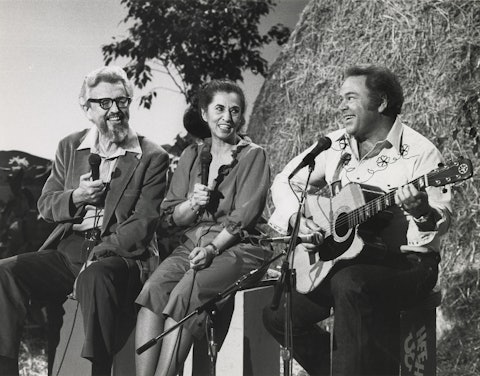
From left: Boudleaux Bryant, Felice Bryant, and Roy Clark on Hee Haw, 1980s.
-
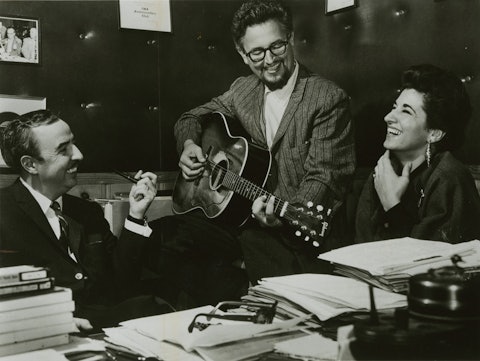
From left: Wesley Rose, Boudleaux Bryant, and Felice Bryant. 1960s.
-
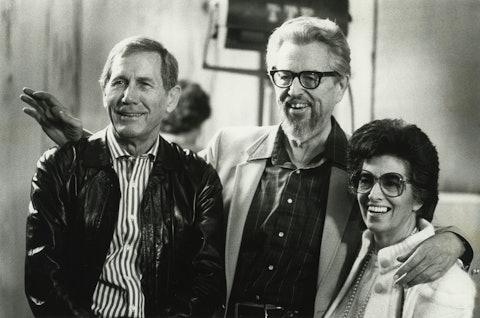
From left: Chet Atkins, Boudleaux Bryant, and Felice Bryant at Tennessee Homecoming in Nashville, 1985.
-
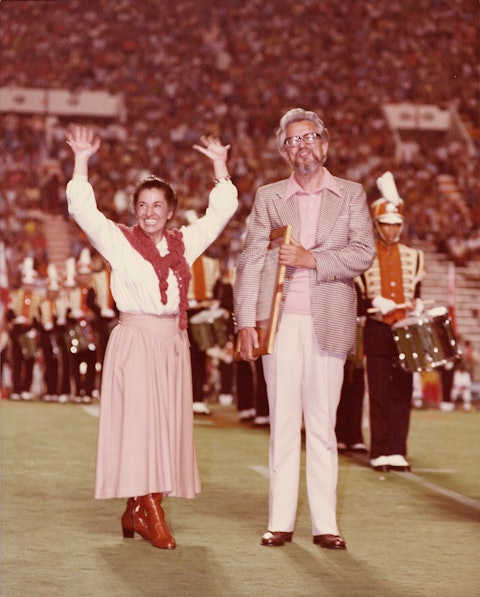
Felice and Boudleaux Bryant on the field at the University of Tennessee’s Neyland Stadium, Knoxville, Tennessee, 1970s. Photo by John G. Karnes.
-
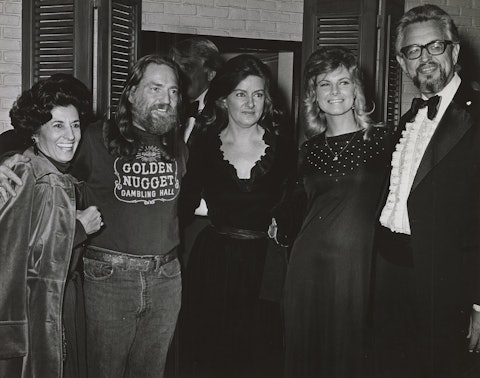
From left: Felice Bryant, Willie Nelson, Frances Preston, Connie (Koepke) Nelson, and Boudleaux Bryant at a banquet at BMI’s Music Row office, 1976.
-
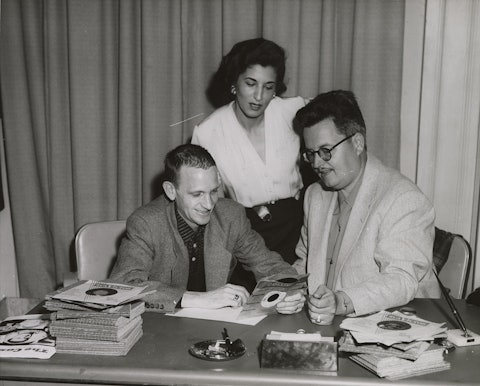
From left: Charlie Lamb, Felice Bryant, and Boudleaux Bryant, 1950s. Photo by Elmer Williams
-

Boudleaux and Felice Bryant in England, 1981. Photo by Graham Barker.
-
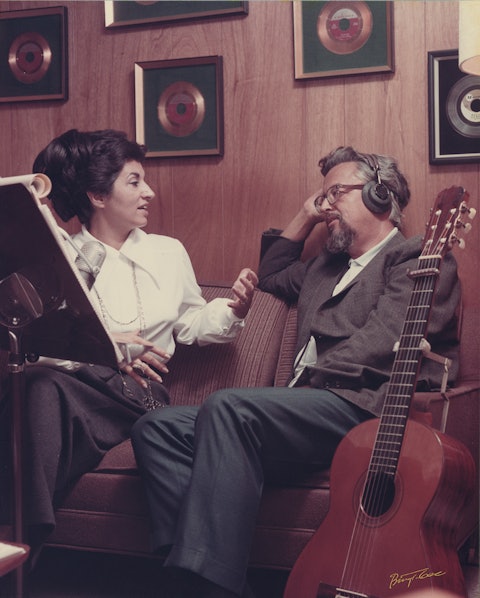
Felice and Boudleaux Bryant, 1960s. Photo by Bing T. Gee.
-
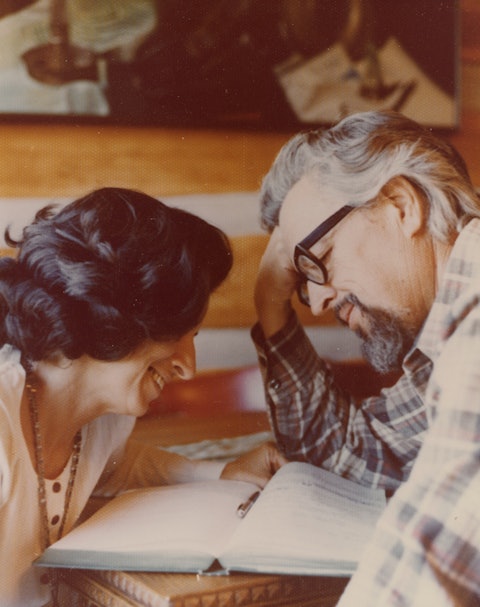
Felice and Boudleaux Bryant, 1970s.
-
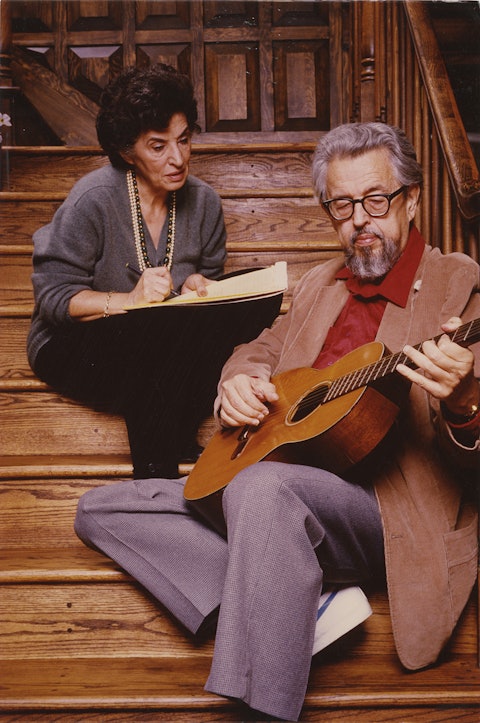
Felice and Boudleaux Bryant, 1970s.
Hits for the Everly Brothers and Others
In 1957, the Bryants connected with their biggest outlet for their songs: the Everly Brothers. The Bryants supplied the Everlys’ first hit, “Bye, Bye Love,” and continued to be the brother duo’s main source of material through the early sixties, a relationship helped along by their publisher, Wesley Rose, who was also the Everlys’ manager. All told, the Bryants wrote twenty-nine songs for the Everly Brothers; twelve of them were hits, including “Wake Up, Little Susie,” “All I Have to Do Is Dream,” “Take a Message to Mary,” and “Sleepless Nights.”
The diversity and quantity of the Bryants’ total output is staggering. Among their hits for others are Red Foley’s “Midnight” (co-written with Chet Atkins), Eddy Arnold’s “How’s the World Treating You” (also with Atkins), Jim Reeves’s “Blue Boy,” Bob Luman’s “Let’s Think About Living,” and Roy Orbison’s “Love Hurts,” later an international hit for the rock group Nazareth.
One of the Bryants’ best-known songs is “Rocky Top.” First popularized by the Osborne Brothers in 1968, “Rocky Top” is now an official Tennessee state song and the fight song for the University of Tennessee’s athletic teams.
During their distinguished career, the Bryants had some 1,500 songs recorded by more than four hundred artists, amounting to sales of over 250 million records. Along the way, they raised two sons, Dane and Del Bryant. Dane had a lengthy real estate career in Nashville, while Del worked for Broadcast Music, Inc., for forty-two years, including a decade as CEO for the performing rights organization prior to his retirement.
Boudleaux died of cancer in 1987. Felice remained an active songwriter after her husband’s death and died in 2003, also of cancer.
—Paul Kingsbury
Adapted from the Country Music Hall of Fame® and Museum’s Encyclopedia of Country Music, published by Oxford University Press
Videos
“Raining in My Heart,” “Bye, Bye Love,” and “All I Have to Do Is Dream”
Bobby Bare & Friends Songwriter-Showcase, 1983
“Rocky Top” with Bobby Bare, Jeannie Bare, Bill Rice, and Sharon Rice
Bobby Bare & Friends Songwriter-Showcase, 1983



